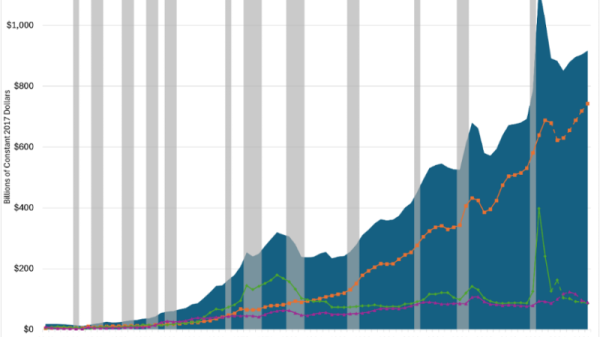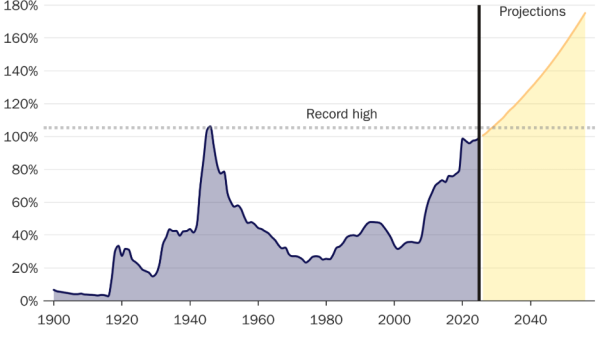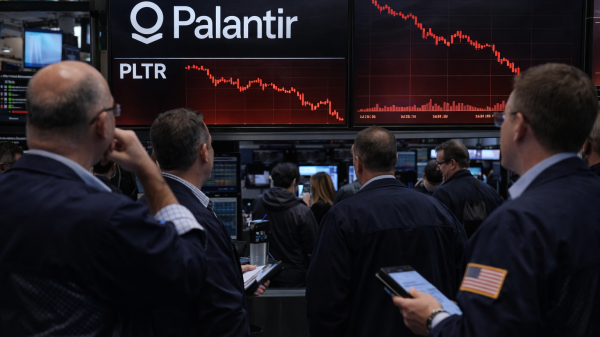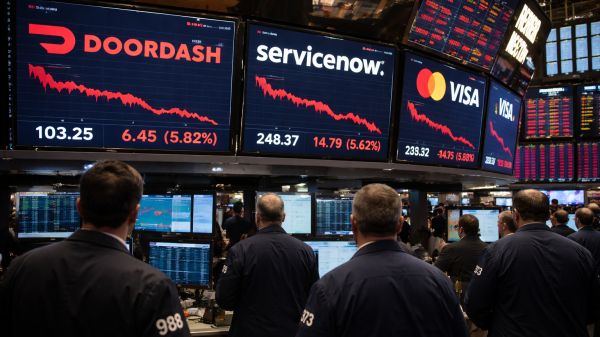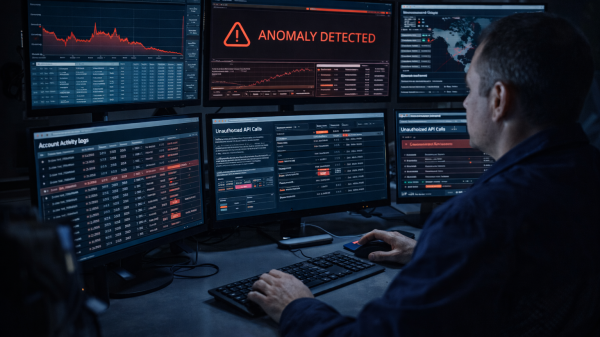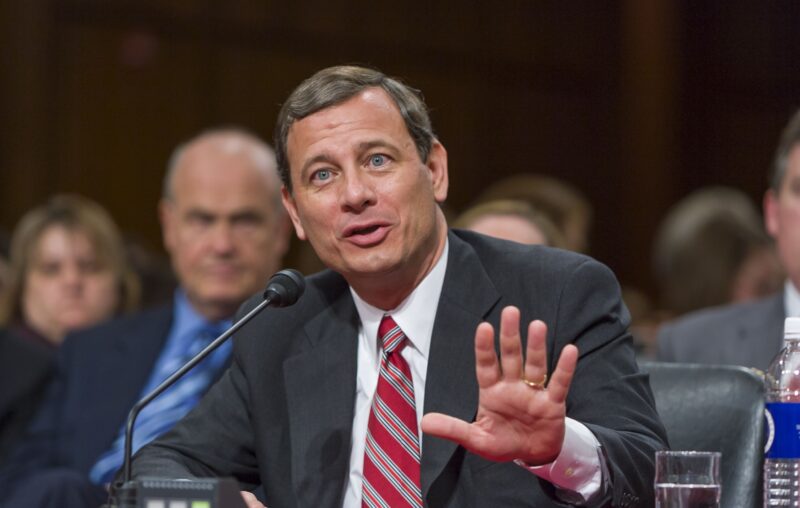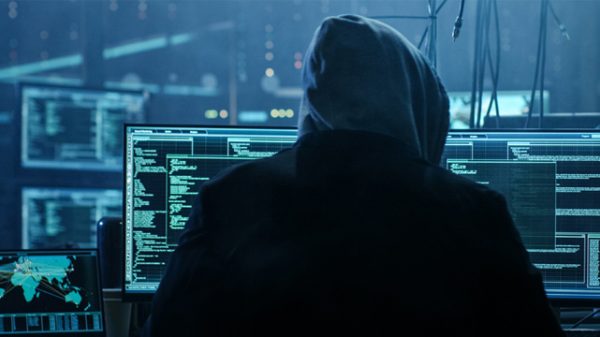We sometimes forget that the Constitution of the United States is intended both to direct the nation’s governance and to advance the nation’s economy. But the Supreme Court has not forgotten: Near the end of its yearly term, our nation’s highest court issued several opinions that improve the nation’s regulatory climate — and, indeed, the nation’s economic climate.
In Loper Bright Enterprises, Inc. v. Raimondo, the Supreme Court discarded a rule of interpretation that had been in effect for several decades. That now-discarded rule addressed this question: when a regulatory agency’s interpretation of a statute is challenged in court, how do we determine whether that interpretation should remain in force?
Since 1984, the rule had been: If the agency’s interpretation of an ambiguous statute is reasonable, the court must uphold that agency’s interpretation. (This was also known as the Chevron rule or the principle of Chevron deference.) Under Loper Bright, however, there’s a new rule of interpretation: from now on, it will be the role of courts, not agencies, to determine the correct interpretation of a statute — so when an agency’s interpretation of some statute is challenged in court, the court is now the body that decides the best interpretation of that statute. Under Loper Bright, it is now “the responsibility of the court to decide whether the law means what the agency says.”
This case furthers the constitutional project of creating the conditions for commerce to thrive in America. Hamilton wrote in Federalist No. 11 that “the aggregate balance of the commerce of the United States would bid fair to be much more favourable than that of the thirteen states without union or with partial unions.” The Constitution facilitated commercial activity not just by uniting the states but also by prohibiting states from laying imposts or duties on imports or exports and by giving the power to regulate interstate commerce to Congress.
Loper Bright’s contribution will be, in a very practical sense, increased certainty and stability in the application of federal regulation of interstate commerce. Agencies can no longer be as creative as they have been in their interpretations of what Congress said. A beneficial consequence of this reduction in bureaucratic creativity should be a corresponding reduction in the way agency interpretations swing back and forth as presidential administrations change. Although some have argued that Loper Bright suggests that the judiciary is assuming control of the administrative state, this view is not correct: a better interpretation is that Loper Bright both requires Congress to take responsibility for the consequences of future legislation and encourages agency regulators to stay in their lane.
Decisions about resource investment, and the risk-taking that is central to them, will also be better rewarded from the increased fairness in the legal system that will be produced by two other Supreme Court decisions: Securities and Exchange Commission v. Jarkesy and Corner Post, Inc. v. Board of Governors of the Federal Reserve System. In Jarkesy, the Supreme Court held that the right to a jury trial guaranteed by the Seventh Amendment to the Constitution “[i]n Suits at common law” extends to statutory claims for civil penalties brought by the federal government. That means that people who have been victimized by administrative hearings that put them on trial for common law-like offenses — but that seem to lack basic due-process protections — now have a remedy: they can demand trial by jury. Corner Post interpreted a statute of limitations providing that “every civil action commenced against the United States shall be barred unless the complaint is filed within six years after the right of action first accrues.” The Court held, as should have been obvious, that a right of action to challenge a regulation accrues when the regulation injures the plaintiff — rather than possibly decades earlier when the regulation was promulgated.
Jarkesy and Corner Post provide citizens and entrepreneurs with a measure of fairness when dealing with the administrative state. The protections afforded by those two cases to the rights of litigants, and the protections afforded by Loper Bright to the rights of those who are regulated, make for settled expectations that better conform to everyday notions of fairness. Such judicial reforms, both by themselves and in their consequences, create conditions for economic advancement that are significantly more favorable than they were when the Court convened last October.
Some have argued that the United States has a living Constitution, by which they mean that the essential nature of the Constitution’s functions and operations must change over time. That understanding of the living Constitution is not correct. But what the Court’s newest decisions teach us is that, in a very limited sense, we do have a living Constitution — but only because a central strength of our Constitution’s timeless principles is that they are readily adaptable to new situations. In the Supreme Court’s most recent term, the Justices have demonstrated how several fundamental American institutions that protect both civil society and economic growth — such as trial by jury, statutes of limitations, and politically accountable lawmaking bodies — have a direct connection to the proper functioning of constitutional government. In short, with these decisions the Court has not only supplied a roadmap to fair and sound public administration in the future — it has also provided a kind of civic and economic education.

